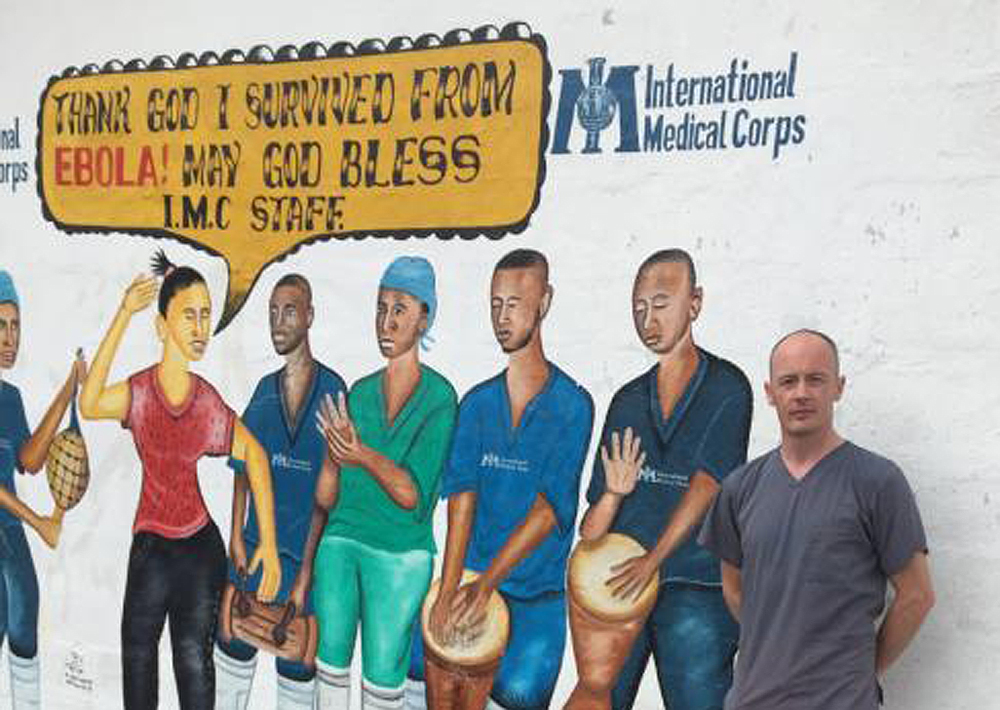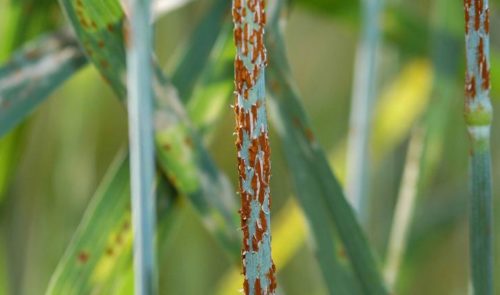
Ebola virus is one of the deadliest pathogens known to humans. It causes Ebola haemorrhagic fever which is fatal in 50% of cases. It can be transmitted between humans or from animals to humans.
The 2013–2016 Ebola epidemic presented a global health crisis in which >28,500 cases were recorded, >11,000 patients died, and countries in West Africa and beyond united to contain the disease. This response was impaired initially by slow diagnostics and a lack of necessary laboratory infrastructure, allowing the epidemic to spread.
Ian Goodfellow led an international team that established an ‘in field’ lab for rapid Ebola diagnosis and the first genetic sequencing facility in Sierra Leone. This effort processed >25,000 samples in the field, reduced diagnosis time from 7 days to 4–6 hours and directly informed the World health Organization (WHO) response strategy. As a direct result, the spread of Ebola was tracked and minimised, allowing containment of disease sources, ultimately ending the epidemic.
Goodfellow and colleagues continue to provide training on viral sequencing in affected regions and have published protocols on rapid sequencing that have been disseminated worldwide. They have also built capacity in Sierra Leone through a diagnostic laboratory that continues to provide employment to approximately 40 local staff, supporting local public health.
During the Ebola outbreak, rumours often hampered control efforts, prompting Goodfellow to establish a public engagement programme in 2016 to increase understanding of infectious diseases and how to protect oneself. The programme employs three people and has engaged >4,000 students at >50 schools across Sierra Leone.
In December 2019, Goodfellow visited the national laboratory in the Democratic Republic of the Congo (Institut National pour la Recherche Biomédicale, INRB, DRC) to provide training on virus genome sequencing as part of the ongoing efforts to control the Ebola epidemic. The team trained by Goodfellow and colleagues from the University of Birmingham have since deployed their lab to North Kivu, where it is now providing real-time sequencing support to the DRC outbreak.
“Professor Goodfellow’s contribution formed a crucial role in helping to bring the epidemic in Sierra Leone to a close and his ongoing work at the UniMak IDRL [Infectious Disease Research Laboratory] has allowed us to maintain effective local disease surveillance since.”
– Technical Officer from the WHO Health Emergencies Programme
